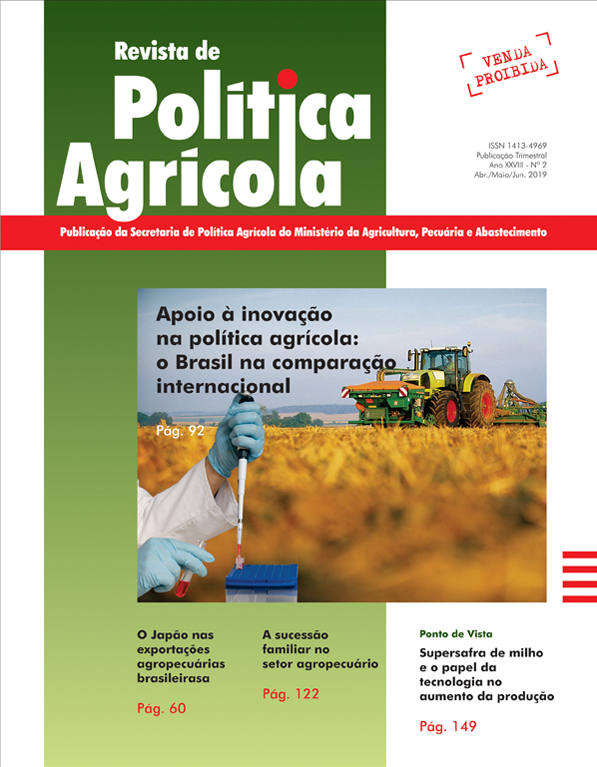Organic rice in the settlements of Rio Grande do Sul: a broken artifact
Palabras clave:
anthropology of development, organic farming, production systemsResumen
In the settlements around Porto Alegre, we found the largest area planted with organic rice in Brazil. By directly involving dozens, and indirectly, hundreds of families, has, therefore, economic importance. The production and income of these organic rice producers were analyzed for the year 2017, based on the production systems diagnosis. There was a high amplitude in agricultural cost and incomes. In 31% of the samples the incomes were negative, in 50% were positive and lower than one thousand reais per hectare, and the remainder was higher than one thousand reais per hectare. At the same time, a simplified ethnography was carried out inspired by Olivier de Sardan’s ECRIS methodology. Knowing that the harvest of 2018 greatly extended the economic crisis, it was evaluated agronomic and sociological aspects that influence the crisis. From it and the lack of technical assistance, infrastructure, credit and market access, we sought to understand the tensions and practical norms at stake on the relationship with two cooperatives and one association acting in that place, with repercussions on rice production.Descargas
Publicado
2019-10-07
Cómo citar
Mello, P. F. (2019). Organic rice in the settlements of Rio Grande do Sul: a broken artifact. Revista De Política Agrícola, 28(2), 103. Recuperado a partir de https://rpa.sede.embrapa.br/RPA/article/view/1502
Número
Sección
Artigos Científicos


